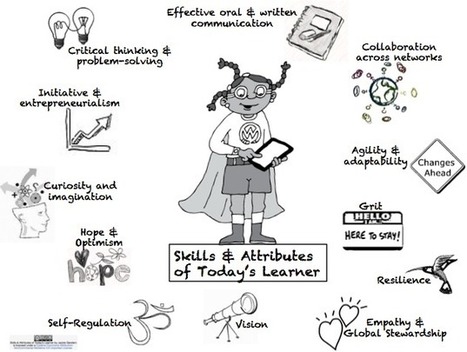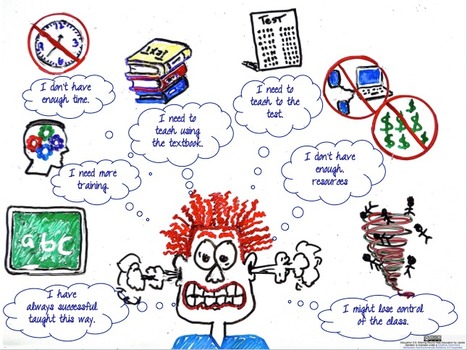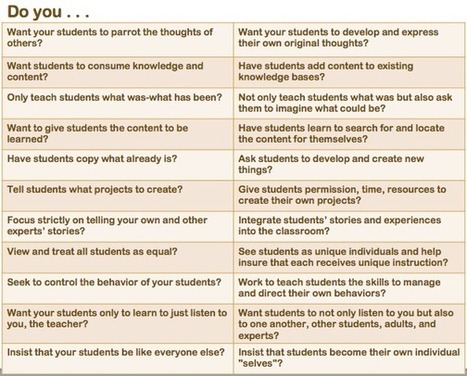I have been discussing and blogging about The Other 21st Century Skills Many have attempted to identify the skills important for a learner today in this era of the 21st century (I know it is an ove...
Get Started for FREE
Sign up with Facebook Sign up with X
I don't have a Facebook or a X account
 Your new post is loading... Your new post is loading...
 Your new post is loading... Your new post is loading...

davidconover's curator insight,
November 8, 2013 10:22 AM
This is a thought provoking article for both teachers and administrators.
Jaimee's curator insight,
March 5, 2014 10:11 AM
Teachers not just family members can be a part of a students mindset. How they think and what challenges to make can also be in response to how teachers are teaching them.
This article explains in a way how helplessness can be a part of someone not being successful. It explains the initiative that someone must take to be successful in school.
Xander Norris's curator insight,
March 6, 2014 11:13 AM
This article is talking about how educators are moving from a fixed mindset to a growth mindset, and this has to do with the changes of the curriculum, and forced standardization. This is talking about how success is based on learning, and why some students give up on it. |

Kirsten Macaulay's curator insight,
December 22, 2013 5:28 AM
This title of this post states “simple but not easy” because to answer the questions is simple. I know that every good teacher would answer these questions in the direction of student-centric education; one that is in the best interests of the student. But implementation is another thing. To implement the non-maintstream alternative is not easy given the accountability systems, one’s own training and background, and mandated school initiatives. It takes a strong, self-directed and courageous educator to do so. |












The forgotten, but essential, skills! #mersd #studentengagement